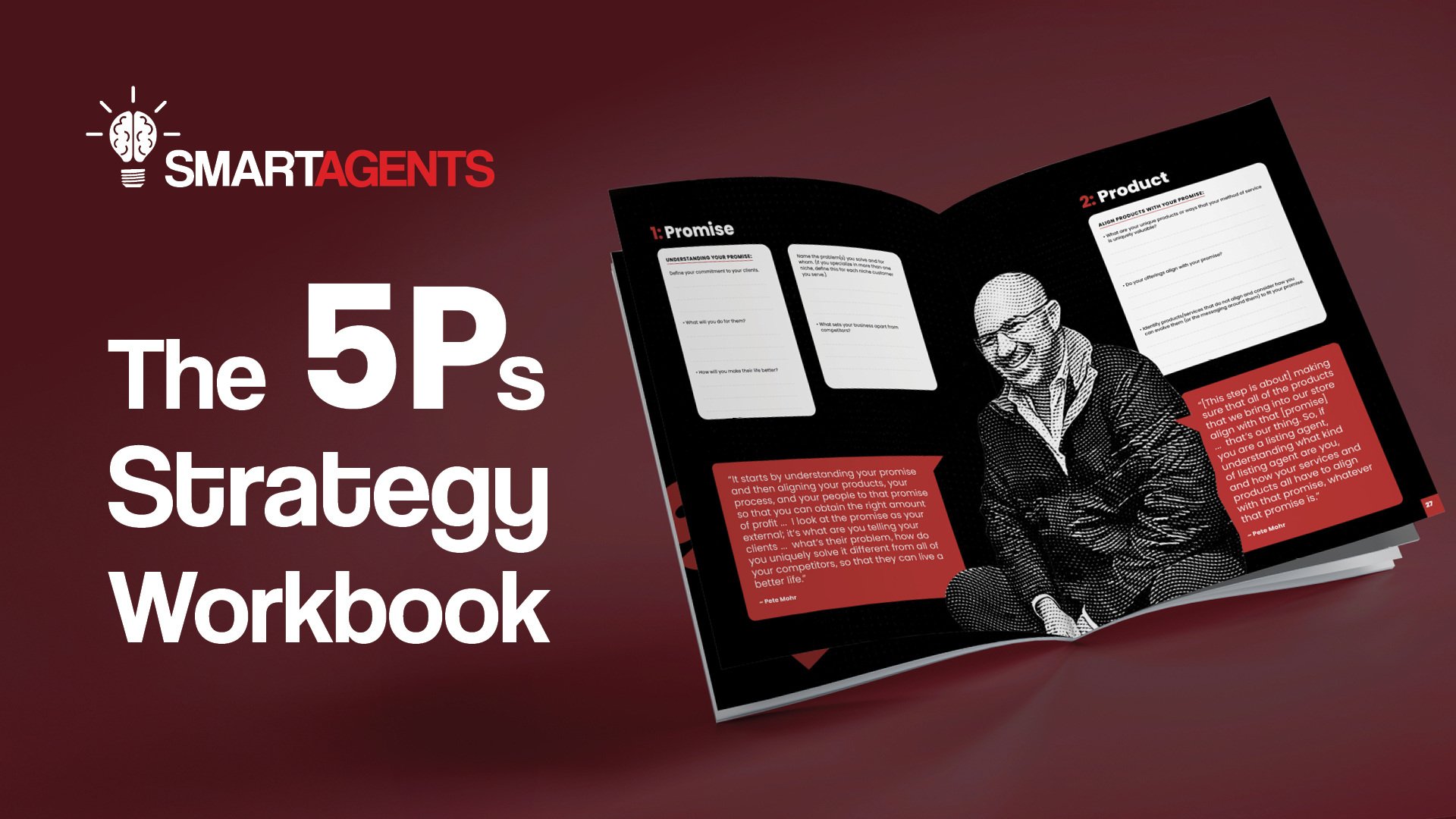We discussed in Wednesday’s blog why leads sometimes go cold and what you can do to reestablish a connection. In today’s blog, I’ll discuss a few tactics that will prevent leads from going cold in the first place.
Many leads start out neutral — not particularly warm or cold — and with a few strategies, you can make sure your leads stay on the front burner.
The key is how you go about connecting with them in the first place. Those early interactions can be easy to mess up. You can’t expect to just reach out once on social media or via email and have a firm connection that results in a business transaction. There are more methodical ways of building rapport.
Here are some ways to keep leads warm so you can establish a real estate relationship and potentially secure some new clients.
1. Do not assume they remember meeting you.
Just because you met a potential lead one time does not guarantee they remember exactly what you do, or even your name. Many agents make the mistake of assuming a lead remembers them, and being too casual as a result.
Make sure to follow a professional strategy when you send an email or call them on the phone — do not treat them like an old friend.
2. Do your homework on the lead before getting in touch a second time.
If you have a lead’s contact information, you have a golden opportunity. Look up their social media accounts and their public home records, and try to learn as much as you can about their lifestyle.
You don’t want to waste someone’s valuable time if you haven’t done your homework to find out as much as you can about what they are looking for. Doing your homework not only helps you build a relationship with them in the long run, it’s also a way to ensure you’re not putting time into pursuing someone who has already sold or bought.
Just be sure you don’t mention any overly personal information that you shouldn’t have access to when you reach out.
3. Look back on the first interaction you had with them, and refer to it.
This might be tough without proper notes, since you talk to so many people and so many homeowners. That’s why I always urge agents to keep notes about leads in a CRM software — and if you don’t use one, I highly suggest starting now.
This article lists some of the top picks for our industry if you are just getting started. In addition to basic contact information, personal details about conversations should be added to CRM entries. If you call a homeowner and demonstrate that you recall the conversations with them and details about their life, it will stand out compared to another agent who only remembers their name.
If you have no notes about the lead, try to remember any information about them that you can refer to in your emails or phone calls when you get in touch. A simple, passing comment about the good food at a networking event or the rainy weather at an open house can make all the difference, believe it or not. Anything you remember about them or what you talked about is a giant door that should open up another longer conversation.
4. Keep it personal.
While it may be easy and tempting to send out group communication, it isn’t the best tactic with leads you’re trying to warm up. Don’t just add them to a mass email or send them a scripted message if you’ve already interacted with them. Treat them in a more personal way when you use an email, text or phone call to get to the next phase.
Whether it’s a voicemail, email or text, stay away from any type of script — they will be able to tell you’re using one. Tailor what you say to each person and try to trigger any memories they may have of your first meeting.
5. Don’t ask for their business right off the bat.
When you’re reaching out to leads after an initial meeting, it’s best to open the conversation back up in a friendly manner rather than asking right away if they need someone to sell their home. You’ll get the cold shoulder almost every time. You’re trying to reconnect with them here, so send something that will move you toward that goal.
The first email or call after a meeting could simply serve as a reminder of who you are. They may have forgotten and need their memories jogged. It’s important to keep it personal so they know you’re talking to them and not “mass contacting.”
Their response here is what should determine your next course of action.
6. Send consumable content.
When you reach out to people in a friendly way, it helps to offer something of value. For example, if you saw a particular article or social media post and thought of them, this can be a great way to break the ice.
The content you send doesn’t necessarily have to be related to real estate, but it helps if it’s relevant to their living situation Anything that speaks to what you learned about them is good.
Remember, when you include engaging, useful content in that first “feeler” email, leads are more likely to respond. No one wants to ignore someone who took the time to remember something relevant about them.
7. Next, invite them to meet in person or talk on the phone.
After some positive back and forth, it’s time to ask your leads to meet up and talk about their living situations and housing needs. If you have materials — such as information about the neighborhoods they are looking at — and figures to share, that’s even better.
Offer to take them to lunch or coffee after a few emails of positive back and forth, so remember to pay close attention to effective timing.
8. Ask how the last few months or the last year has changed for them.
People love to talk about themselves. Unless you very recently ran into them, something in their lives is likely to have changed. Ask them about it. You can do this over email, and continue the discussion when you meet for lunch or coffee.
I suggest you start with casual questions about their families, jobs or travel plans, then transition into talking about their homes. Casually offer your help without coming across too pushy.
9. Tell them about what’s changed for your business and the market.
If you’ve improved upon your marketing materials and your knowledge of the community, meeting in person is the perfect time to show this. Of course, if things have recently gone south in the area, or interest rates are on the rise, never focus on the negative.You could talk about a community event you’re excited to attend and tell them to check it out. Likewise, if you’ve found a new way to advertise the homes you sell, let them know.
Even if nothing has really changed, fill them in on any homes you’ve recently sold or buyers you’ve found a home for since the last time you talked. However, remember to stay focused on how these updates can help them. Your leads want to know that you can help them sell — not hear a laundry list of your accomplishments.
10. Offer them your help, no matter what.
How you can make sure you’ve found a lead you can check on for the long term? Simple — don’t make it seem as though if they don’t sell with you, you won’t keep in touch.
If they aren’t ready to sell, offer your advice, and don’t badger them. Remember, if they took the time to connect with you, working with you to sell their home is a real possibility. Just be patient with their timeline. If you make all the right moves, when they are ready to sell, you’ll be the first agent they think of, and they’ll remember how helpful and personable you were.


.png?width=720&name=Free-Training-Reveal%20(1).png)




